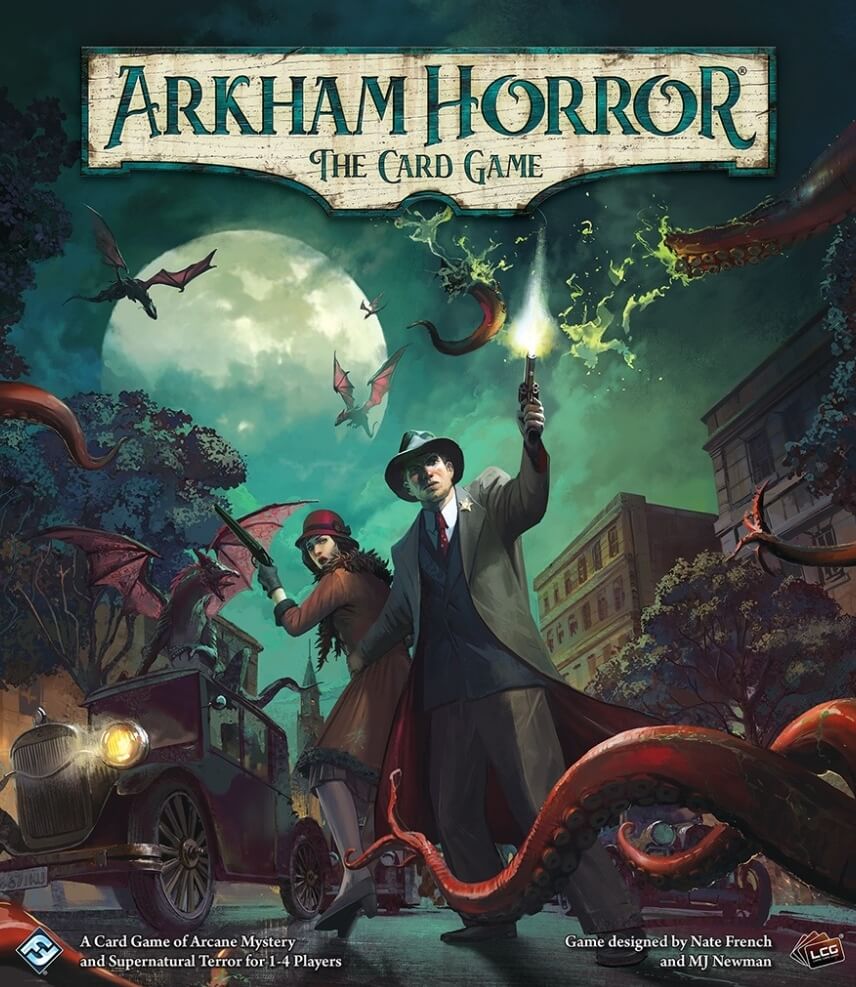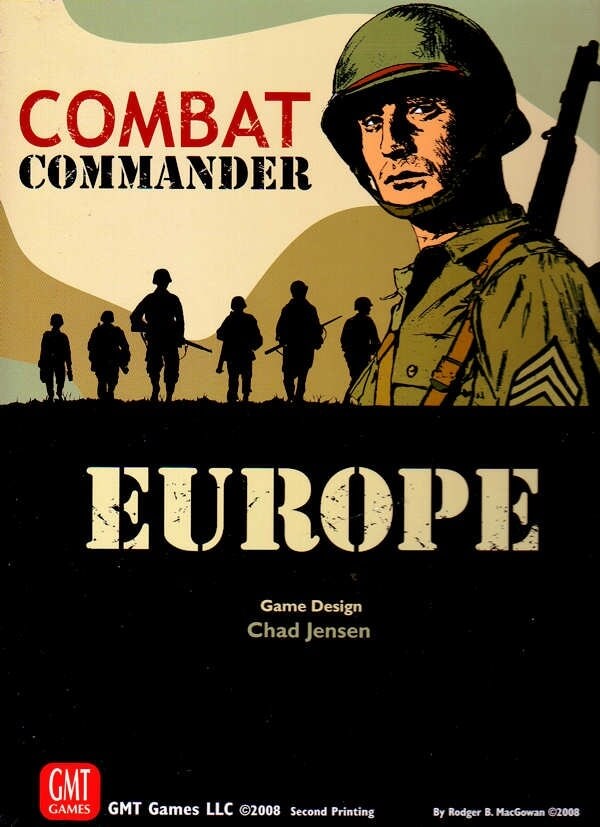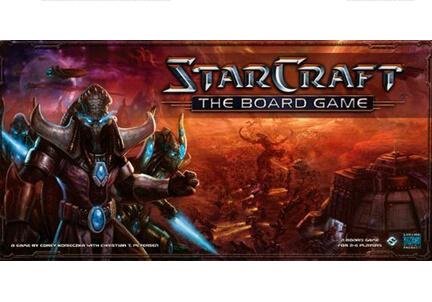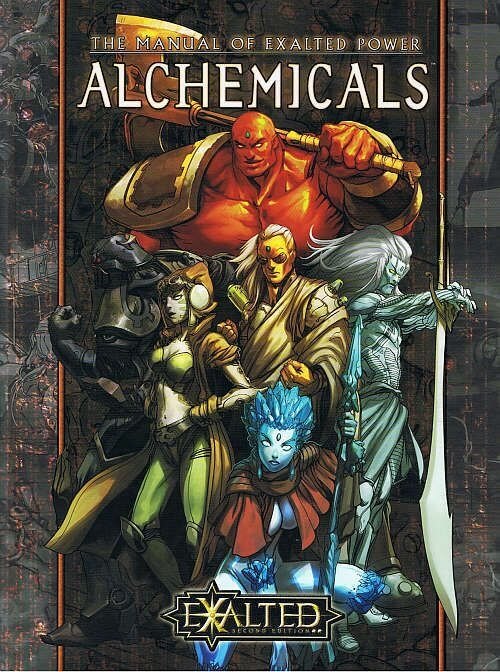
Arkham Horror: The Card Game (Revised Edition)
Arkham Horror: The Card Game (Revised Edition) is a cooperative game for 1 to 4 players, designed by Nate French and MJ Newman. Players become investigators in an atmosphere full of suspense and mystery, seeking to confront cosmic horrors that threaten humanity. Each player chooses an investigator and assembles a personalized deck that reflects their skills and resources. During their turns, investigators can explore locations, collect clues to unravel the story and confront supernatural creatures. Tension builds as the Mythos forces interact with the players' actions, bringing new challenges and limiting the time available to solve the scenario before the enemy's agenda advances. The Revised Core Set provides an enhanced experience, as it includes cards from different sets, giving players variety and strategy. In addition, the new organization of the cards makes setup and gameplay more agile, while maintaining the intensity and immersion of the original game. Complexity: 3.52 / 5 (BGG 11/05/2023)Artists: Christopher Hosch; Marcin Jakubowski
Designers: Nate French; MJ Newman
Date: 2021
Note: 8.6
Mechanics: Scenario / Mission / Campaign, Limited Communication, Cooperative, , Events, Push your luck, Hand Management, Players with Different Skills, Map: Modification, Area Movement, Action Points, Solving with Statistics Tests, RPG, Solo, Modular tray
Topics: Horror/Terror, Literature
Table of Contents
- How to Play
- Tips for playing
- Game mechanics
- Game components
- Additional Information
OBJECTIVE OF THE GAME
Tips for playing
Here are some tips for doing better in the game Arkham Horror: The Card Game (Revised Edition):
- Focus on building a balanced deck that complements your investigator's skills.
- Manage your resources carefully; they are vital for playing important cards.
- Understand your investigator's weaknesses and plan how to mitigate them in the game.
- Collaborate with your fellow players, dividing tasks according to each character's strengths.
- Explore locations carefully to avoid unexpected and dangerous encounters.
- Use Evade cards to avoid enemies you don't intend to face directly.
- When assembling your deck, include cards that help mitigate the chaos introduced by the bag of chips.
- Invest time in investigating locations to gather clues quickly; this is crucial for progressing through the scenarios.
- Keep a balance between combat skills and intelligence skills in the group.
- Prioritize upgrading cards that will have the most impact in the long term.
- Pay attention to the synergies between cards and combos that can be exploited between players' decks.
- Don't underestimate the importance of cards that heal horror and damage, they can save your investigator throughout the campaign.
Video about the game
GAME mechanics
- Cooperative: Arkham Horror: The Card Game is a cooperative game where players work together to investigate mysteries and fight supernatural threats. They share information and discuss strategies to overcome the game's challenges.
- Hand Management: Players must manage their hand of cards, which includes skills, assets and events. Deciding which cards to play and which to keep is crucial for efficient scenario solving.
- Players with Different Skills: Each investigator has unique abilities represented by their character cards and a set of basic skills such as Will, Intellect, Combat and Agility. These attributes are used to overcome challenges during the game.
- RPG: RPG elements are present, with rich narratives and decisions that impact on how the story unfolds. Players explore scenarios and develop their characters over the course of a campaign.
- Action Points: Each turn, each player has three actions that can be used to move, investigate, fight or play cards from their hand, among other options. Strategic use of these actions is essential for success.
- Scenario / Mission / Campaign: The game is structured in scenarios that form campaigns. Each scenario has specific objectives, and the choices made during the game affect subsequent missions and the outcome of the campaign.
- Limited Communication: Although it is a cooperative game, certain situations can limit communication between players, increasing the challenge and tension during critical scenarios.
- Deck creation: Players build customized decks for their investigators, adjusting their skill cards, allies, items and events according to their playing style and expected challenges.
- Events: Event cards offer temporary effects that can be crucial at critical moments. Knowing when to play an event effectively can change the course of the game.
- Push your luck: Elements of risk are present, such as chaos bags that modify the chances of success in tests. Players must decide when to take risks in order to achieve greater rewards.
- Map: Modification: The map of the scenario can change based on the actions of the players and the effects of the cards, altering the configuration and strategies available during the game.
- Area Movement: Investigators move between different locations, each offering its own challenges and rewards. Movement planning is crucial to meeting objectives.
- Solving with Statistics Tests: Players perform statistics tests through comparisons of attributes and random modifiers from the chaos bag, which determine the success or failure of actions.
- Solo: The game can be played solo, allowing a single player to control one or more investigators, offering flexibility in the gaming experience.
- Modular tray: The layout of the locations changes from game to game, with location cards building up the modular board, creating a unique experience for each scenario.
- Deck building: Similar to crafting, but with a focus on the evolution of the deck during campaigns, through the acquisition of new cards and experience spent on improvements.
- Bags and parts: Physical components such as resource, damage and horror tokens, as well as chaos bags, provide tactile elements that influence the experience and strategy of the game.
Game components
See all the items in the game below Arkham Horror: The Card Game (Revised Edition):
- 44 Chaos Markers
- Bag of Chaos
- 40 Damage Tokens (values 1 and 3)
- 61 Resource Markers (values 1, 3 and 5)
- 57 Clue/Loss Tokens (double-sided) (values 1 and 3)
- 27 Horror Tokens (values 1 and 3)
- 5 Letters from researchers
- 5 Mini-Letters from Researchers
- Lead Researcher Marker
- 245 Player Cards:
- Player Reference Card
- Asset Charter
- Skill card
- Event Charter
- Weakness card
- 111 Scenario Cards:
- Agenda letter
- Act Letter
- Scenario Reference Chart
- Location card (revealed and unrevealed)
- Enemy Letter
- Letter of Betrayal
Additional Information
- Ludopedia link: https://ludopedia.com.br/jogo/arkham-horror-the-card-game-revised-edition
- Link Tabletopia:
- Amazon Brazil link: Comprar Arkham Horror: The Card Game (Revised Edition)
- Amazon USA link: Comprar Arkham Horror: The Card Game (Revised Edition)


